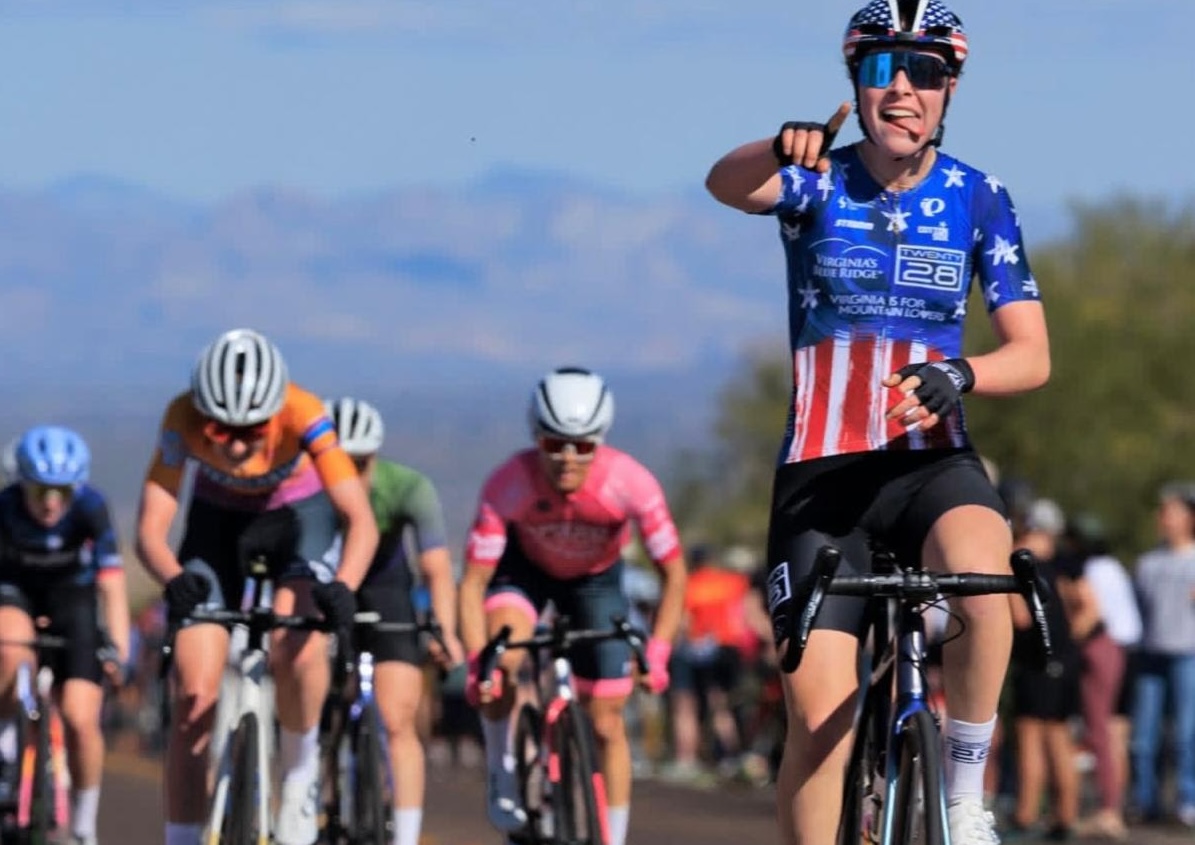Paris-Roubaix memories: Directors share their tales
Frison, Demol, de Jongh and Sunderland on the epic Classic
The latest race content, interviews, features, reviews and expert buying guides, direct to your inbox!
You are now subscribed
Your newsletter sign-up was successful
With the race first run in 1896 it’s not hard to find great tales from the history of a race like Paris-Roubaix. Cyclingnews spoke with some of the men who will drive team cars today, but have spent decades in and around the event themselves.
The likes of Herman Frison, Dirk Demol, Steven de Jongh and Scott Sunderland need little prompting for their favourite Roubaix story at this time of year.
Omega Pharma-Lotto sports director Frison recalls his experience with the ambulance. "It's still the same guy who was in the ambulance when I rode my first or second Paris-Roubaix, I can't quite remember," Frison says. "We were arriving at the Arenberg forest at high speed, something that hasn't changed in recent years. When you enter the forest the course crosses train tracks. That part of the road is a bit higher so one receives a bump when riding over it.
“I had no clue what happened but suddenly I was catapulted into the air and I landed in the gutter, behind the spectators,” he adds. “Back then there were no barriers and I quickly noticed my collarbone had snapped."
A broken collarbone was a difficult end to one of his first appearances at the race, but Frison was yet to learn he hadn’t finished with the course for that year. Frison was about to discover another reason why the nickname hell of the north is appropriate for the event.
"That medic carried me on to a stretcher and put me in the ambulance, but instead of bringing me to the nearest hospital the ambulance rode the whole course,” recalls Frison. “That included all the pavé sectors - which made me suffer enormously - before delivering me to the vélodrome instead of the hospital.
“It was totally different back then because there was only one specialised hospital to fix the collarbone,” he added. “You had to get there on Monday morning at six o'clock to take a ticket and then you knew at what time you could come back for surgery. Back then the other riders had a good laugh with it, asking whether I had managed to pick up my bag at the second feed zone. I suffered a lot but now I can laugh with it too."
The latest race content, interviews, features, reviews and expert buying guides, direct to your inbox!
The famed Arenberg forest is also the location of the memories Team Sky sports directors Scott Sunderland and Steven de Jongh reflect on.
The 2.4 kilometre section of cobblestones was laid in Napoleonic times, but wasn’t included in the race until 1968 at the suggestion of miner and professional cyclist Jean Stablinski. Stablinski often pointed out he was the only professional rider to have competed on the road and also worked in the mines beneath the forest, which were closed in 1990.
"It's weird that when Johan Museeuw crashed in the forest they modified the course by entering it from the other side,” recalls De Jongh. “But when Philippe Gaumont crashed they didn't do anything. That crash was terrible. A professional rider witnesses a lot of crashes but when I saw him going down I knew it was very serious.”
Sunderland highlights the pros and cons to the addition of spectator barriers along the stretch of road. “The good thing is that no people are on the course, but on the other hand riders can't avoid being held up by a crash,” he says. “Before the barriers it was possible to escape on the left behind the spectators. It's a stupid race, but everybody loves it.”
Team RadioShack’s sports director Demol was a surprise Paris-Roubaix winner in 1988, following a 222 kilometre-long breakaway with Swiss riders Thomas Wegmuller and Stephan Joho. The Belgian didn't see his ADR team director all day, because they had opted to stay with the team's leader.
Just before arriving at the vélodrome the team car passed to ask how he was doing. Demol won the sprint in which the higher rated Wegmuller was troubled by a plastic bag, so it’s unsurprising that’s the moment Demol reflects on.
"It was great weather, just like it is now,” remembers Demol. “There had been a late cold the days before but during the race it was good.
“Actually time is fading the memories,” he continues. “It's been more than 20 years now since I won. Besides the year I won I never started the race as the team leader. Before 1988 I gave my wheel when team-mates punctured and after my win I rode in support of Johan Museeuw. Then again, I knew that the race suited me as it had been my favourite race in the amateur ranks."
